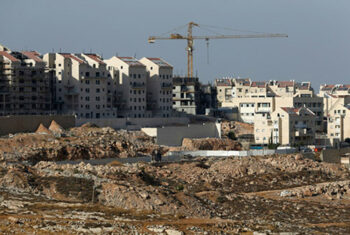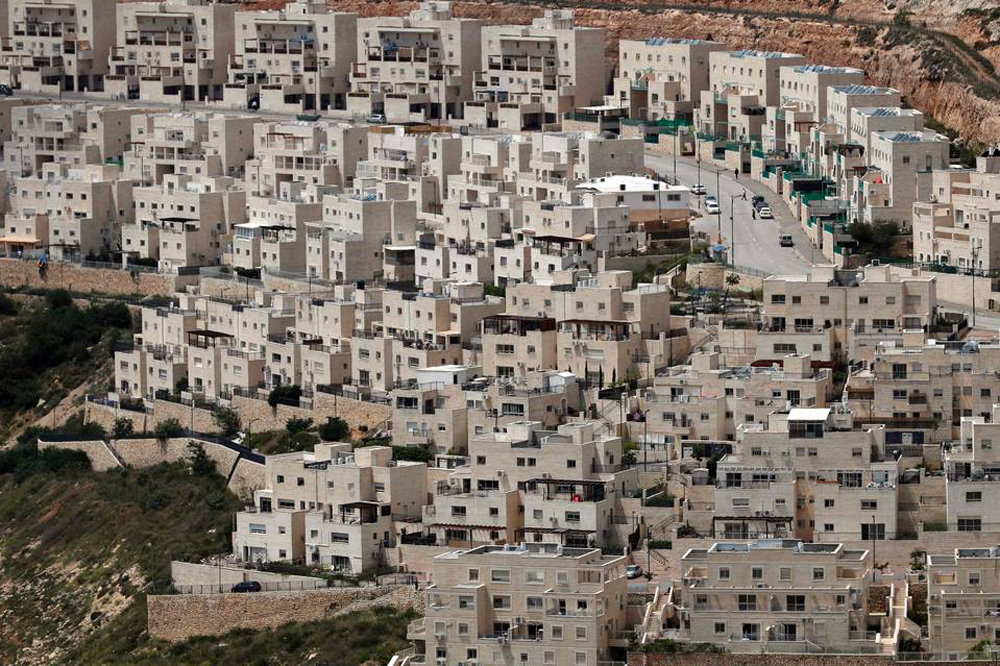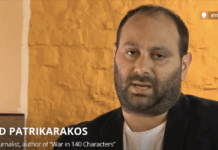By Mark Ellis —

Government authorities in Israel approved plans for an additional 1,292 settler homes in the West Bank, according to an AFP report.
Officials are projecting a major increase in settlement approvals this year, partly due to a perception the Trump administration will be less hostile to such activity than the previous administration.
Newly approved homes include 146 in a West Bank settlement near Bethlehem, where Defense Minister Avigdor Lieberman lives, according to AFP.
“They are all over the West Bank,” Hagit Ofran, a spokeswoman for Peace Now told AFP. She said further approvals were expected for an additional 2,000 homes shortly.
They are part of nearly 4,000 settler home plans to be advanced in the West Bank under a push to expand settlement growth, an Israeli official told AFP.
An Israeli committee approved permits for 31 additional homes in Hebron, the first such approval for the contentious West Bank city since 2002.
Several hundred Israeli settlers live in Hebron under substantial military protection amidst 200,000 Palestinians.
The Hebron homes will be built on a commercial street leading to the Cave of the Patriarchs, where Christians and Jews believe Abraham and Sarah, Isaac and Rebecca, Jacob and Leah, were buried.
The street is mostly closed to use by Palestinians.
Settlement building in the West Bank and annexed east Jerusalem has been heavily criticized by the international community – especially in Europe and the Middle East.

Some say it represents an obstacle to peace because the settlements are built on land the Palestinians want for their future state.
The Obama administration heavily criticized the settlements, but President Donald Trump’s stance has been more equivocal. However, it was reported that he asked Prime Minister Netanyahu to curb settlement building earlier this year.
Netanyahu said he has no plans to remove settlements or halt building, blaming Palestinian “incitement” and attacks against Israelis for a lack of progress in their relationship.
Trump would like to revive peace negotiations in the region, which have had no progress since John Kerry’s attempt in 2013-2014.
When the negotiations collapsed in April 2014, US Special Envoy Martin Indyk assigned blame mainly to Israel, while the U.S. State Department insisted no one side was to blame but “both sides did things that were incredibly unhelpful.”



